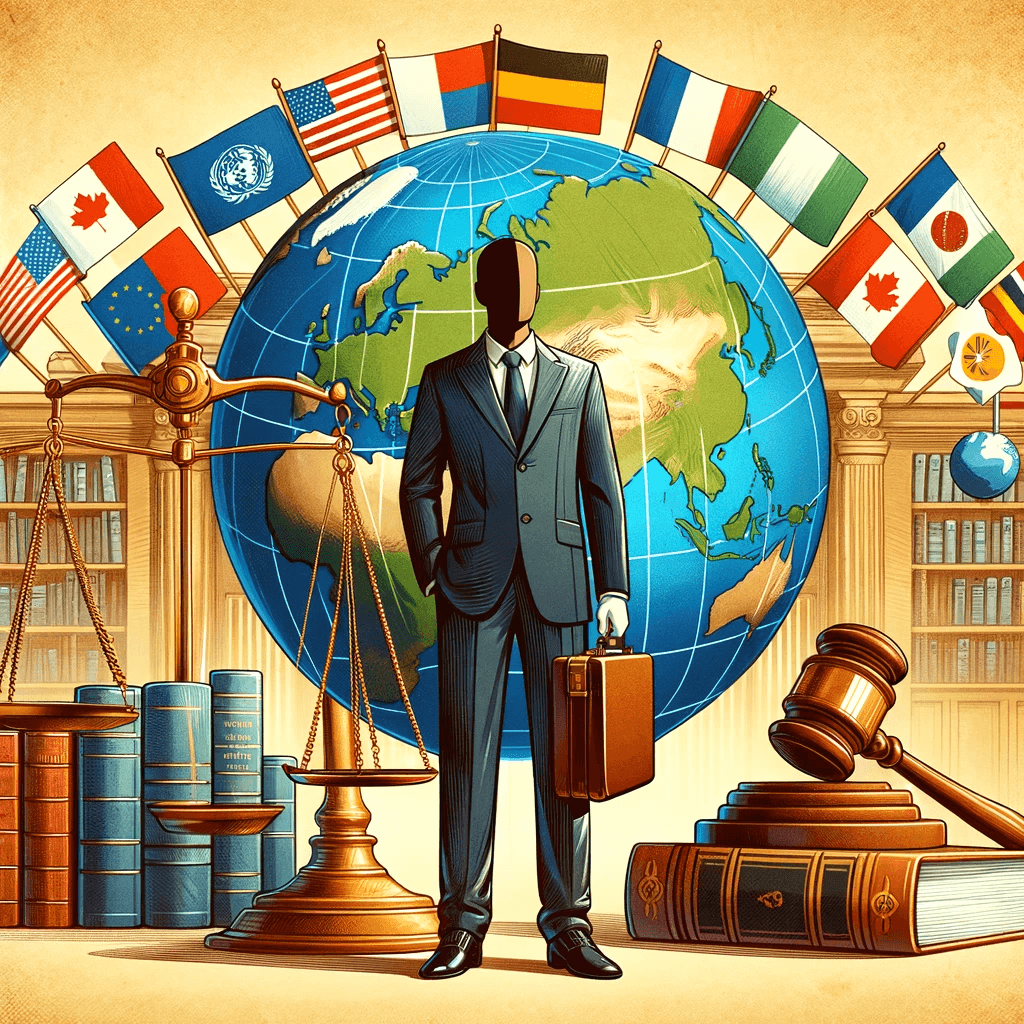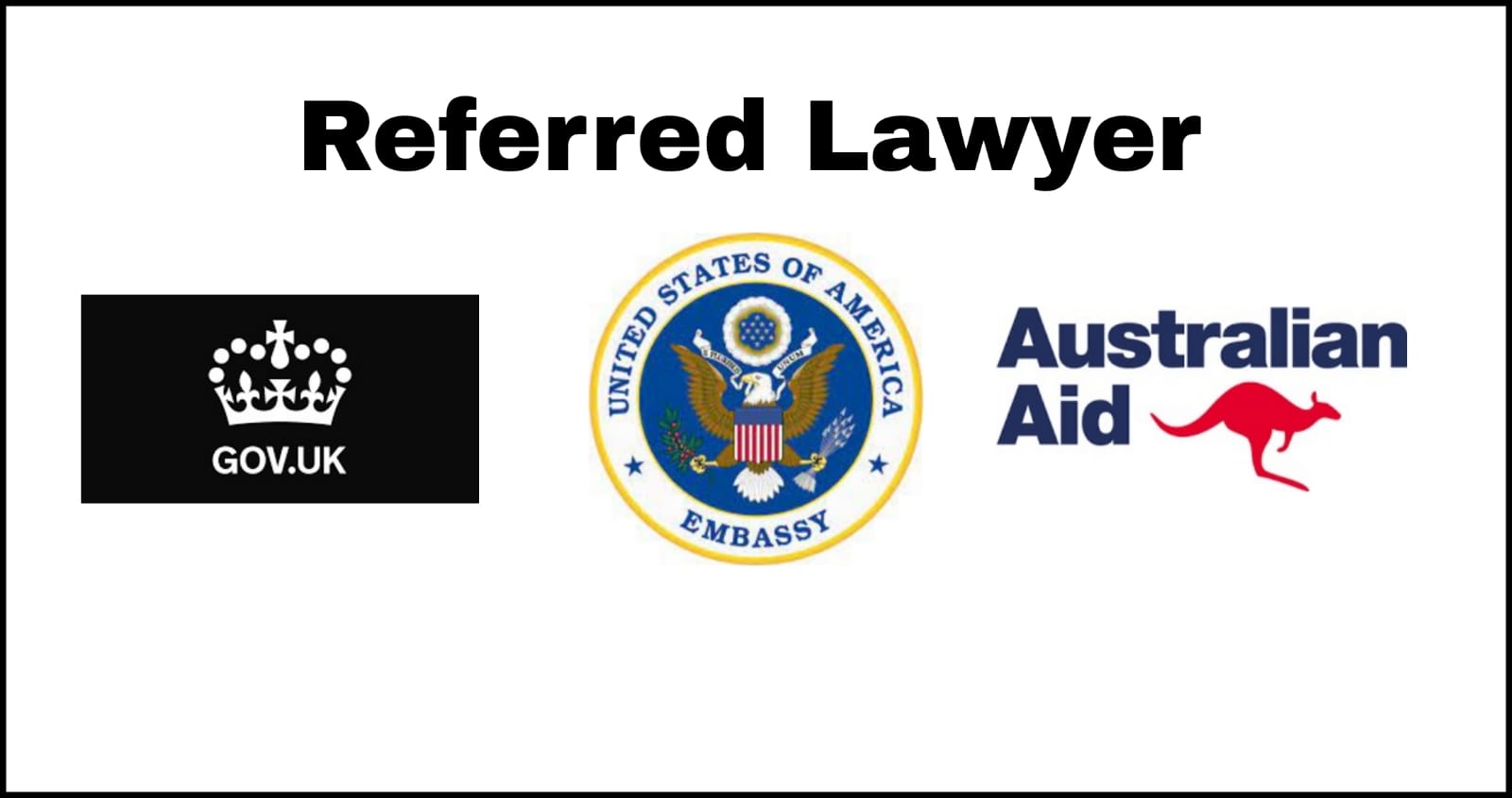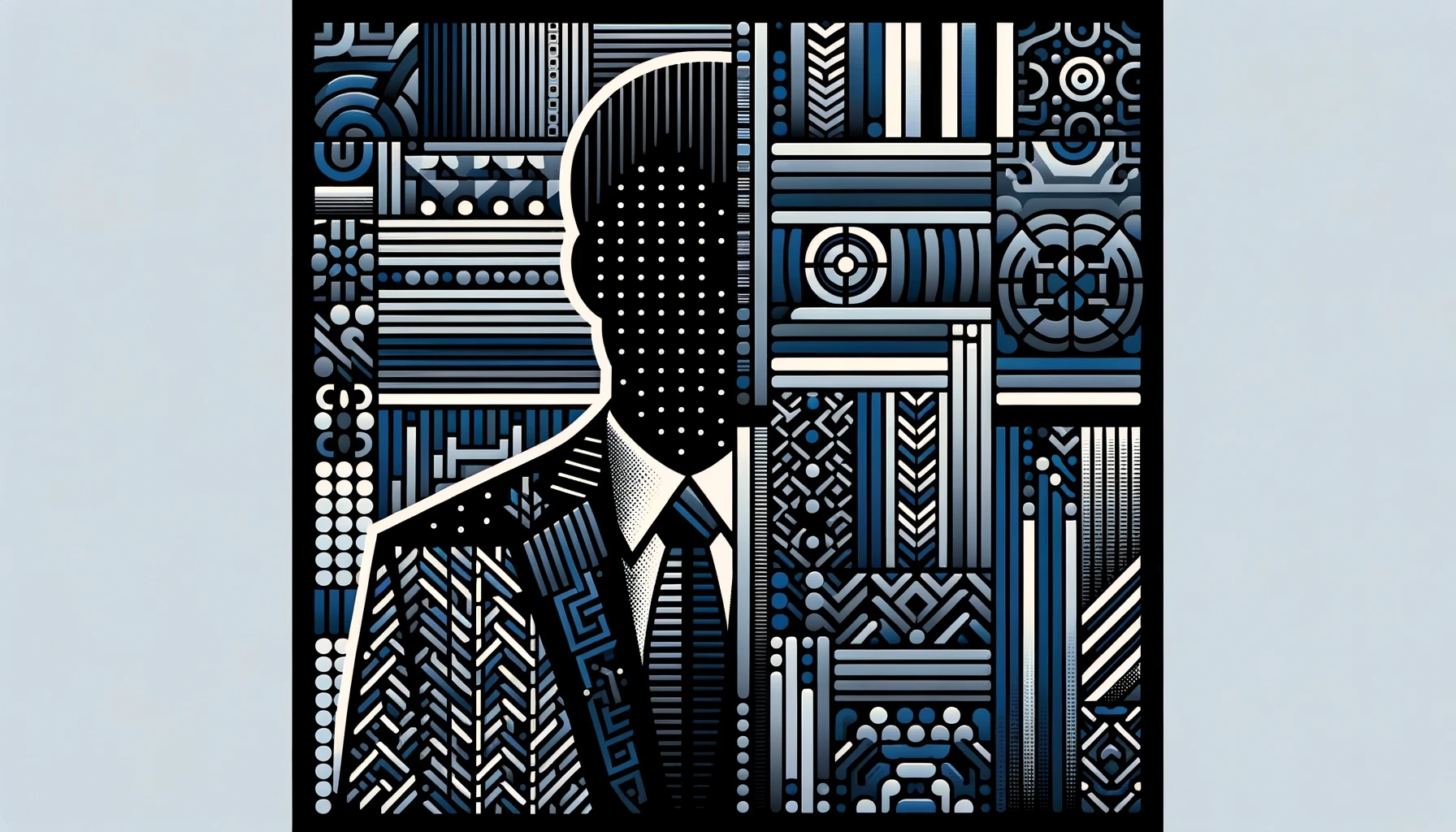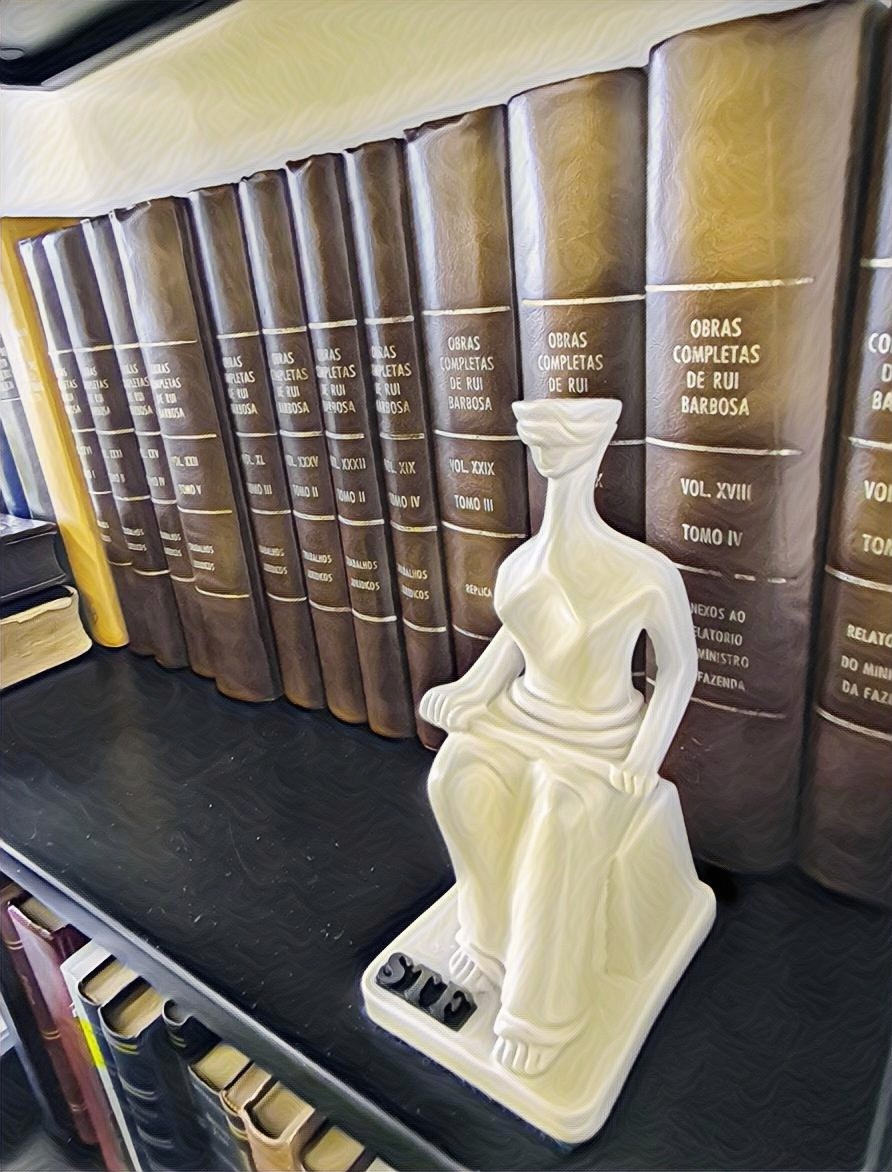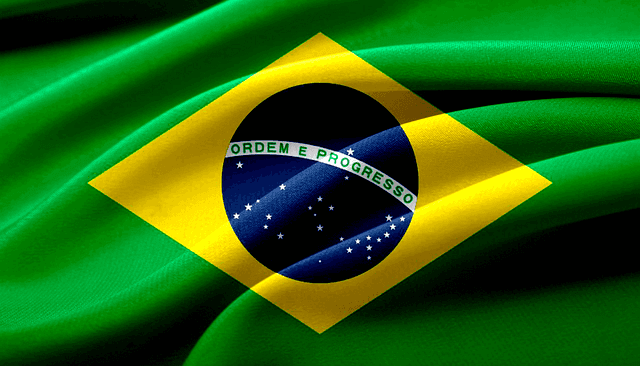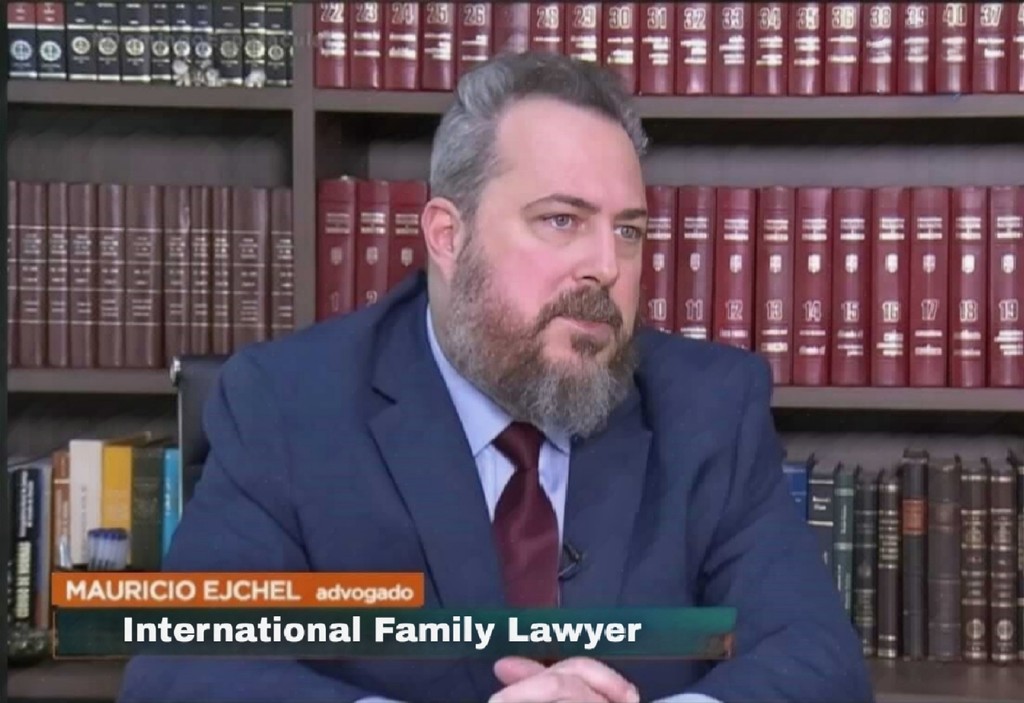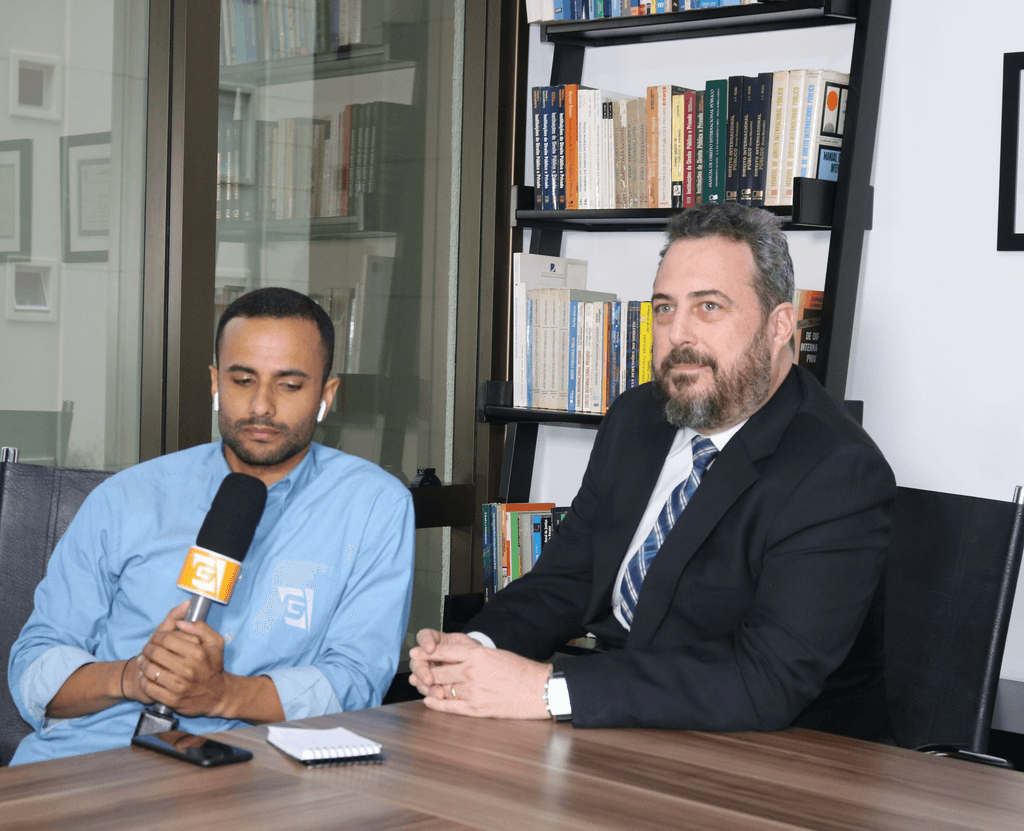How to Retain a Lawyer in Brazil
Retaining a lawyer in Brazil can be a challenging task for individuals and companies unfamiliar with the country’s legal system. This article provides a step-by-step guide for clients seeking to retain a lawyer in Brazil, offering a more detailed perspective on the complexities of the Brazilian legal system and the process of finding legal representation.
1. General Overview of the Brazilian Legal System
The Brazilian judiciary, criticized for its unpredictability and slow pace, is a complex system evolved over centuries. It is composed of federal, state, and municipal laws governing civil, criminal, and commercial matters. The judiciary is divided into federal and specialized federal justice systems, including labor, electoral, and military federal courts. Each area is divided into two hierarchy stages or instances, with processes beginning in the first instance court. The highest body of the judiciary is the Supreme Federal Court (STF), responsible for guarding the Constitution and prosecuting and judging cases involving constitutional threats or violations.
But, during the pandemic, the Brazilian judiciary underwent a significant transformation, driven largely by the necessity to adapt to the challenges posed by COVID-19. This period saw a rapid technological advancement within the judiciary, characterized by the adoption of digital platforms such as videoconferencing for hearings and electronic notifications. This shift not only ensured the continuity of legal processes but also enhanced their accessibility and efficiency.
Furthermore, legal professionals faced the need to adapt to new working methodologies. This adaptation led to the emergence of virtual hearings and remote consultations, which in turn resulted in reduced operational costs and the development of innovative practices within the legal sector. These changes, born out of necessity during the pandemic, have set the stage for a more agile and technologically advanced judiciary, signaling a permanent shift in its functioning.
2. Retaining a Lawyer
Brazil is projected to have 2 million lawyers by 2023, ranking third in the world in the number of lawyers, after the United States and India. The country has nearly 2,000 law schools.
In Brazil, the legal system is characterized by a division into specialized sections within the judiciary, each focusing on distinct areas of law with its procedural peculiarities.
This structure necessitates seeking out lawyers who specialize in the specific legal area relevant to your case. It is imperative to determine which category or area your case most likely falls into from the following list: civil, criminal, labor, tax, or corporate law. (please check the list of areas at the end of the article)
This approach ensures that you receive tailored legal advice and representation from a professional who is well-versed in the nuances and specific procedures of the relevant legal field.
4. Research Potential Lawyers.
Recommendations from trusted sources, online directories, and the Brazilian Bar Association can help find potential lawyers. Evaluating their experience, qualifications, and reputation is essential. You can search for a lawyer in Brazil through the following links:
https://www.bestlawyers.com/brazil
https://www.hg.org/lawfirms/brazil
https://www.legal500.com/c/brazil/
https://latinlawyer.com/rankings/latin-lawyer-250/directory-area/brazil
https://chambers.com/legal-guide/brazil-95
https://www.gov.uk/government/publications/brazil-list-of-lawyers/list-of-lawyers-in-brazil
https://br.usembassy.gov/u-s-citizen-services/attorneys/
5. Schedule a Consultation:
Most lawyers in Brazil offer free initial consultations, allowing clients to discuss their legal issues and assess the lawyer’s suitability.
6. **Review the Retainer Agreement:**
Understanding the retainer agreement, which outlines the scope of legal services, fees, and other terms, is crucial before signing.
7. **Communicate Effectively with Your Lawyer:**
Providing all relevant information and staying informed about your case fosters successful legal representation.
In conclusion, careful consideration and research are needed to navigate the Brazilian legal system and find a qualified lawyer. Understanding the challenges and complexities of the system can help clients make informed decisions and work effectively with their legal representation.
If you need any further information about this topic, don’t hesitate to contact me.
Dr. Mauricio Ejchel
You can search for a lawyer in Brazil thru the following links:
https://www.bestlawyers.com/brazil
https://www.hg.org/lawfirms/brazil
https://www.legal500.com/c/brazil/
https://latinlawyer.com/rankings/latin-lawyer-250/directory-area/brazil
https://chambers.com/legal-guide/brazil-95
https://www.gov.uk/government/publications/brazil-list-of-lawyers/list-of-lawyers-in-brazil
https://br.usembassy.gov/u-s-citizen-services/attorneys/
Thank you!
How to Retain a Lawyer in Brazil
Retaining a lawyer in Brazil can be a challenging task for individuals and companies unfamiliar with the country’s legal system. This article provides a step-by-step guide for clients seeking to retain a lawyer in Brazil, offering a more detailed perspective on the complexities of the Brazilian legal system and the process of finding legal representation.
1. General Overview of the Brazilian Legal System
The Brazilian judiciary, criticized for its unpredictability and slow pace, is a complex system evolved over centuries. It is composed of federal, state, and municipal laws governing civil, criminal, and commercial matters. The judiciary is divided into federal and specialized federal justice systems, including labor, electoral, and military federal courts. Each area is divided into two hierarchy stages or instances, with processes beginning in the first instance court. The highest body of the judiciary is the Supreme Federal Court (STF), responsible for guarding the Constitution and prosecuting and judging cases involving constitutional threats or violations.
But, during the pandemic, the Brazilian judiciary underwent a significant transformation, driven largely by the necessity to adapt to the challenges posed by COVID-19. This period saw a rapid technological advancement within the judiciary, characterized by the adoption of digital platforms such as videoconferencing for hearings and electronic notifications. This shift not only ensured the continuity of legal processes but also enhanced their accessibility and efficiency.
Furthermore, legal professionals faced the need to adapt to new working methodologies. This adaptation led to the emergence of virtual hearings and remote consultations, which in turn resulted in reduced operational costs and the development of innovative practices within the legal sector. These changes, born out of necessity during the pandemic, have set the stage for a more agile and technologically advanced judiciary, signaling a permanent shift in its functioning.
2. Retaining a Lawyer
Brazil is projected to have 2 million lawyers by 2023, ranking third in the world in the number of lawyers, after the United States and India. The country has nearly 2,000 law schools.
In Brazil, the legal system is characterized by a division into specialized sections within the judiciary, each focusing on distinct areas of law with its procedural peculiarities.
This structure necessitates seeking out lawyers who specialize in the specific legal area relevant to your case. It is imperative to determine which category or area your case most likely falls into from the following list: civil, criminal, labor, tax, or corporate law. (please check the list of areas at the end of the article)
This approach ensures that you receive tailored legal advice and representation from a professional who is well-versed in the nuances and specific procedures of the relevant legal field.
4. Research Potential Lawyers.
Recommendations from trusted sources, online directories, and the Brazilian Bar Association can help find potential lawyers. Evaluating their experience, qualifications, and reputation is essential. You can search for a lawyer in Brazil through the following links:
https://www.bestlawyers.com/brazil
https://www.hg.org/lawfirms/brazil
https://www.legal500.com/c/brazil/
https://latinlawyer.com/rankings/latin-lawyer-250/directory-area/brazil
https://chambers.com/legal-guide/brazil-95
https://www.gov.uk/government/publications/brazil-list-of-lawyers/list-of-lawyers-in-brazil
https://br.usembassy.gov/u-s-citizen-services/attorneys/
5. Schedule a Consultation:
Most lawyers in Brazil offer free initial consultations, allowing clients to discuss their legal issues and assess the lawyer’s suitability.
6. **Review the Retainer Agreement:**
Understanding the retainer agreement, which outlines the scope of legal services, fees, and other terms, is crucial before signing.
7. **Communicate Effectively with Your Lawyer:**
Providing all relevant information and staying informed about your case fosters successful legal representation.
In conclusion, careful consideration and research are needed to navigate the Brazilian legal system and find a qualified lawyer. Understanding the challenges and complexities of the system can help clients make informed decisions and work effectively with their legal representation.
If you need any further information about this topic, don’t hesitate to contact me.
Dr. Mauricio Ejchel
You can search for a lawyer in Brazil thru the following links:
https://www.bestlawyers.com/brazil
https://www.hg.org/lawfirms/brazil
https://www.legal500.com/c/brazil/
https://latinlawyer.com/rankings/latin-lawyer-250/directory-area/brazil
https://chambers.com/legal-guide/brazil-95
https://www.gov.uk/government/publications/brazil-list-of-lawyers/list-of-lawyers-in-brazil
https://br.usembassy.gov/u-s-citizen-services/attorneys/
Thank you!

Dr. Maurício Ejchel
International Family Lawyer
Brazil

Dr. Maurício Ejchel
International Family Lawyer
Brazil

Dr. Maurício Ejchel
International Family Lawyer
Brazil

Dr. Maurício Ejchel
International Family Lawyer
Brazil
MF. Ejchel International Advocacy. 1996
MF. Ejchel International Advocacy. 1996
MF. Ejchel International Advocacy.
1996
MF. Ejchel International
Advocacy
1996





